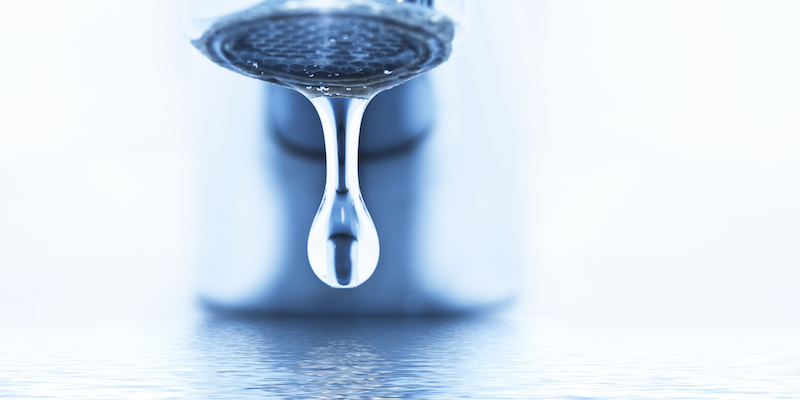
One of the many things that we take for granted on a daily basis in America is our access to clean running water. Not only is it important to proactively conserve it to protect our planet, but it can also make quite a difference in your pocketbook. After we tell you the figures of exactly how much water you could be saving by adjusting minor things around the house, you’ll realize that with numbers that big, there’s no way that it won’t make a difference.
First we are going to outline (in percentages) how much of your household water used in different parts of your home:
- Bathroom usage = 75%
- Washer/outdoor usage = 17%
- Kitchen usage = 8%
And which applications use the most water:
- 26.7% – Toilets
- 21.7% – Clothes washer
- 16.8% – Taking showers
- 15.7% – Faucets
- 13.7% – Miscellaneous leaks
- 2.2% – Other
- 1.7% – Taking baths
- 1.4% – Dishwasher
Now, here are some useful but simple ways to cut back on some of your water usage in your home. While some of them may seem small and insignificant, they will make all the difference; especially if more and more people are doing it. Let’s start in the bathroom:
Bathroom
- Check for any leaks in your sink or shower. (If you find any, call BR McGinty!) This could save you up to 200 gallons a day.
- Replace your shower head with a ‘low flow’ one and your sink’s faucet with an aerated one. This could save around 900 gallons a week. (FYI – ‘low-flow’ means that it uses less than 2.5 gallons per minute)
- Update toilets to newer more efficient models. This can save you around 2-3 gallons per flush.
- Take shorter showers, only bathe every so often and don’t let the sink run while you’re brushing your teeth. This saves 3-4 gallons per minute.
- Reuse bath towels throughout the week to cut down on the amount of laundry.
Kitchen
- Check for any leaks in your sink or dishwasher.
- Make sure that your kitchen sink has aerated faucets and that you aren’t leaving the water on as you rinse dishes.
- Don’t run the dishwasher unless it’s at its fullest. This will cut down on the amount of times you run it. (This goes for your clothes washer as well!)
- Keep a jug of cold water in the refrigerator rather than turning on the sink every time you’d like a glass.
Miscellaneous
- Insulate your hot water pipes to avoid having to run water for a long time to heat up your water.
- Use a bucket of soap and water to wash your car instead of solely using a running hose.
- Match the water level of your washer to the size of the load of laundry that you are washing.
None of the fixes listed above are timely or costly, and if you do the math they could make a serious impact environmentally and financially. That’s just on an individual level; imagine if everyone took the time. If there is anything that we listed that you don’t feel comfortable doing yourself, such as replacing your toilet or fixing a leak, call BR McGinty! We’re here to help!


